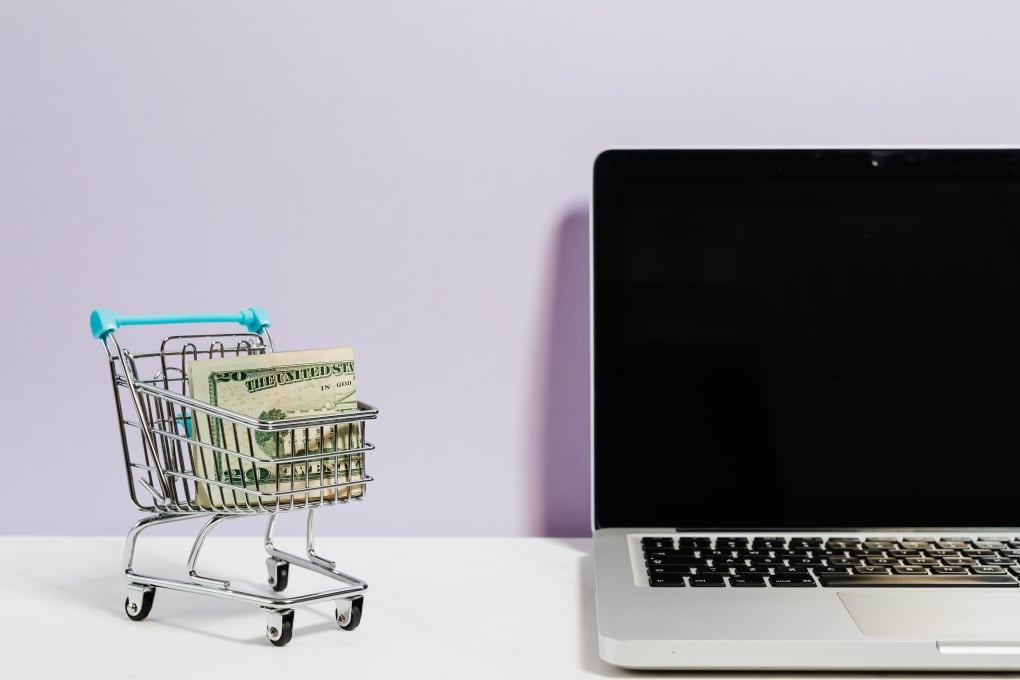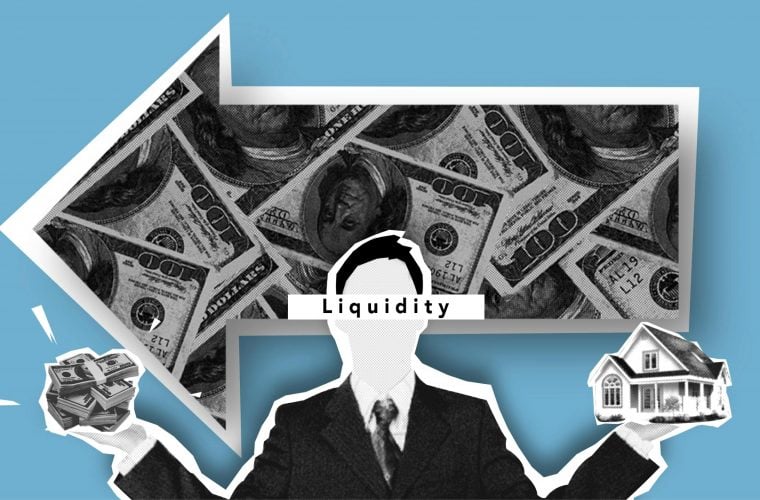
Whose Most Secure: PayPal Vs. Square
Small business owners often have to deal with payment processing. That’s where platforms like Square and PayPal support merchants to have streamlined payments delivered to them from their customers.
Square was famous for its in-person sales processing, where the use of mobile card readers was the primary source of transactions. On the contrary, PayPal became a popular platform for payments using the online mode. At present, both portals have expanded their reach of services to provide customers with a diversified platform covering most ways of accepting payments.
Diversification has led many business owners to feel confused about the right platform for their requirements.
While there are many differences to talk about regarding the two platforms, we will only compare each of these payment processing players’ security and safety measures.
We will discuss their safety attributes for customers one after the other, and give the verdict at the end.
What Is Square?
Square Inc is a mobile payment, financial, and merchant service company that provides one of the best data protection and payment security for worldwide customers. Square offers these services without any extra expenses. It deals in hardware and software products aimed at the business of all sizes for instant payment processing.
Square is a robust point-of-sale system that ensures your payments stay secure and safe while being transferred between accounts.
Understanding POS
A point-of-sale is an essential part of a purchase point, where a customer pays up for products or services. You can also call it a place and time where a transaction occurs. At this particular point, the merchant calculates the amount owed by a customer. The merchant then prepares that amount in the form of an invoice for the customer.
In the past, POS executed through cash registers and similar equipment. Modern-day POS systems process using digital devices like computers, bar code scanners, credit card readers, and other smart devices. POSs of today have reached even a higher level thanks to the presence of the internet.
It has become much easier with the online world to record and transact payments for products and services using safe and encrypted data. Square POS is one of those popular payment processing systems that give merchants a streamlined and efficient way of dealing with their customers in real-time.
What Is PayPal?
PayPal is an online financial service that lets you purchase products and services through an encrypted internet account. This service is widely prevalent among small business owners for its quick and digital payment processing services.
All you need to do to use it is add your debit or credit card or bank account details and start using the account to pay for goods and services. PayPal offers a secure and encrypted digital connection to ensure all transactions are carried out safely. Over the years, PayPal has become a common platform for payment processing among merchants, who could not accept payments through cards due to separate financial laws while living in various countries.
Square Vs. PayPal: Safety Comparison
Let’s compare the two platforms and learn about which one implements what methods to keep their client’s accounts and financial data safe.
How Square Protects Consumer Data?
Square helps secure the storage and transfer of transaction data that customers often enter on various merchant sites for buying something. For instance, Square encrypts the data that has been collected upon swiping a credit card. This encrypted data that contains a consumer’s financial information is kept safe and secure.
According to Wisesmallbusiness.Com, Square POS software also ensures to never store the credit card data, magnetic-stripe data, and other codes when you use the platform. Square’s PCI compliance and data safety measures ensure the complete payment process stays anonymous throughout the cycle.
How PayPal Protects Consumer Data?
PayPal relies more on its online “vault,” which saves all the financial data safely among several encrypted layers of code. For maximum safety, PayPal uses data servers that continuously monitor a user’s browser to keep it updated with its encryption technology. That’s one way by which it avoids hackers from phishing user accounts.
PayPal has been known to have a robust security system for storing digital data safely. It even hosts competitions where security experts are challenged to try and break its encryption for rewards. Here is a quick table comparing the security features of the two platforms.
SQUARE
- Offers both contactless and chip card transactions.
- Does not differentiate transaction fees regardless of country-specific card.
- Transfers money from Square account to the local bank account through an automated process.
- Offers its own advanced POS software for merchants.
- Offers a wide range of Square-branded POS peripherals for better data and financial security.
- Focuses on both online and offline payment processing.
- Great for retail stores and small business merchants.
PAYPAL
- Offers magnetic stripe cards, contactless, and chip card transactions.
- Varies transaction fees based on the country-specific card.
- One needs to manually transfer the amount from the PayPal account to a local bank account.
- It does not have a POS of its own, but can be integrated with third-party POS software.
- It only offers card readers for financial transactions.
- Great for eCommerce sites and other online businesses.
- The primary focus relies on online transactions.
The Verdict
No doubt, both platforms are relatively safe and efficient in their ways. You can use either of them to process payments, transfer money to local and global bank accounts, and whatnot. However, Square’s point-of-sale system integrates a smoother experience for retail stores, restaurants, and supermarkets.
The way it handles payments through a diverse list of peripherals is quick and streamlined. Not to mention, the whole system connects centrally through a cloud-driven and encrypted network to keep track of all the payrolls, inventories, invoices, and more without the need for physical presence at the counter.
PayPal has a few devices of its own, which are quite efficient at financial processing. But, it is well-suited for people who do not have other modes of payment transfer. PayPal’s online global presence makes it a convenient method of payment transfer throughout the world. In the end, it all depends on individual preferences, as security-wise, both portals are worth it.














